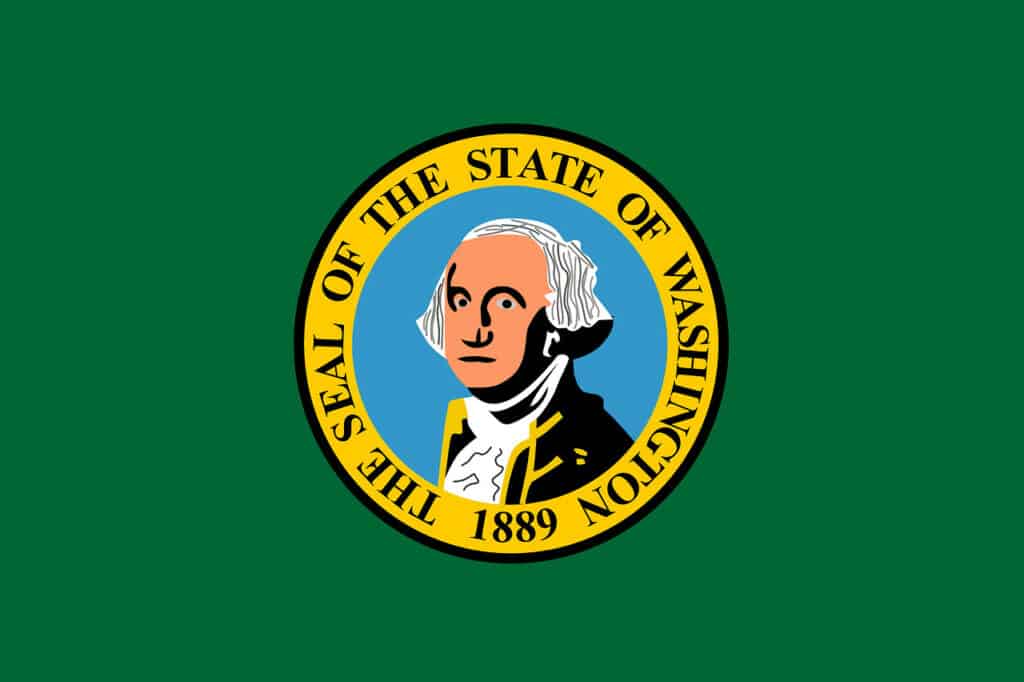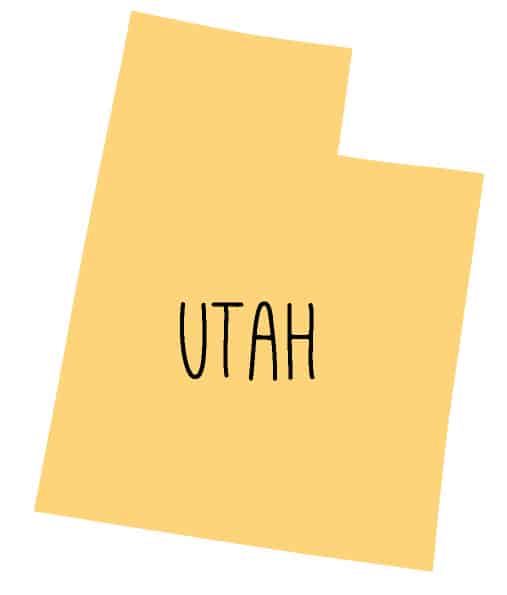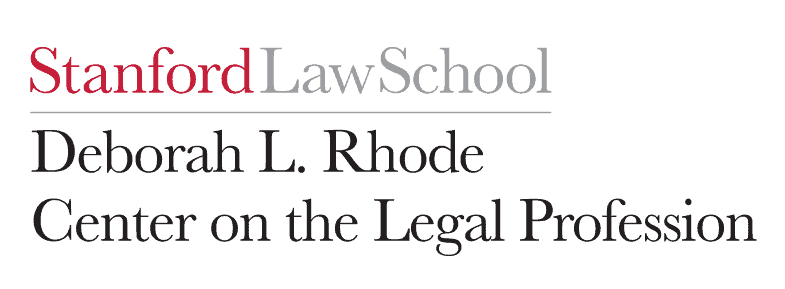LATEST UPDATES
Menu
The ban on the unauthorized practice of law is far-reaching and extraordinarily impactful on the accessibility of legal help. By requiring people to get all their legal help from lawyers, no matter how simple, the regulation forces people to choose between “Cadillac counsel” and nothing. For most, it is not a choice at all.
One way to address this lack of choice is to create new categories of legal professionals authorized to provide certain legal services. This approach is similar to recent developments in the medical field, which now has multiple medical professional providers, including physician assistants and nurse practitioners.
Licensing independent paraprofessional advocates could make a significant impact for people with justice needs. The takeaway from decades of independent and rigorous research across multiple jurisdictions is that trained non-lawyer advocates do a very good job in providing advocacy before courts and other tribunals. Nonlawyers have been found to be effective advocates in domestic violence proceedings, in housing courts, and in child welfare proceedings. Consumers are not the only beneficiaries; as a recent study of lay domestic violence advocates noted, judges see benefits as well. In Ontario, which has allowed independent paralegals since 2007 and in which over 10,600 licensed paralegals operate, consumers report high satisfaction with the services received.
In the U.S., lay representatives already represent people in certain administrative agencies and specialized courts, including, for example, unemployment benefits appeals, labor grievance arbitration, some state workers’ compensation tribunals and tax courts, Social Security appeals, the United States Patent Office, and immigration courts. And they generally perform as well as or better than lawyers.
Numerous states are recognizing that, by licensing independent legal paraprofessionals, they can help millions of people unable to pay the high and usually indeterminate fees needed to hire an attorney.

In 2015, Washington became the first state to license new legal professionals, known as “limited license legal technicians (LLLT).” Trained to work in family law, these professionals had to both have significant work experience under the supervision of a lawyer, and pass a family law exam in order to be certified. In 2021, the Rhode Center conducted a study to see how the program was working so far and found promising signs of success.
In particular, the LLLTs have provided competent legal services to moderate-means Washingtonians at critical moments in their lives. Their proficiency in family law enabled more efficient proceedings and better decision-making for the commissioners who conduct pre-trial proceedings and judges who hold trials, improved outcomes for clients, and added business for attorneys who have hired LLLTs to capture a previously untapped market. To hear directly about these outcomes, you can listen to the 2021 testimony of a legal technician, judge and consumer from Washington, who each spoke before California’s Paraprofessional Program Working Group about their experiences.
Unfortunately, on June 4, 2020, the Washington Supreme Court decided not to grant more licenses, citing the overall costs of the program and the limited number of people interested in getting licensed. The court’s decision was accompanied by an impassioned dissent by former Chief Justice Madsen, who argued that the court’s “sua sponte” decision reflected a deep misunderstanding of the nature and benefit of the LLLT program, citing ”the valuable benefits it provides in the pursuit of access to justice.”
The ABA Journal recounted the developments that led to the WA Supreme Court decision, and social scientists conducted an early evaluation of the program.

Washington’s challenges with its LLLT program has not prevented other states from seeing the merit of the concept. Existing state programs besides Washington include:

Utah – licensed paralegal practitioners (LPPs) can practice in family law, debt collection, and landlord-tenant. Established in 2018.

Arizona – legal professionals (LPs) can qualify for license with education or experience; can practice in family law, limited civil and criminal matters (no jail time); and state administrative law. Established in 2020.

Minnesota – legal paraprofessionals can qualify for license with education or experience; can practice in family law, landlord-tenant, or domestic violence matters. Must be supervised by a lawyer. Established in 2021.

Oregon – licensed paralegals must complete 1500 hours of substantive paralegal work, and can practice in landlord-tenant law. Established in 2022.
The Rhode Center has been involved in the development of California’s proposal for such a program, including by submitting written comments during the process. We have also testified before the Washington Supreme Court and Oregon State Bar Board of Trustees.
The largest and most well-established program in North America is in Ontario, where since 2006 “independent paralegals” have been licensed to provide representation in small claims, provincial offenses, and administrative tribunals. You can hear one such paralegal describe her experience here, and an Ontario judge here.

